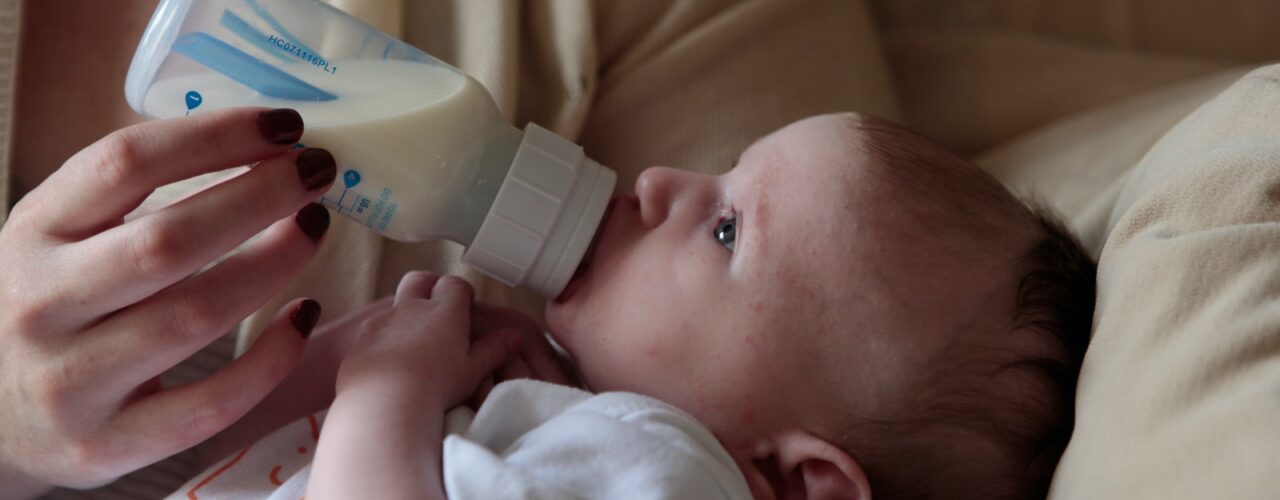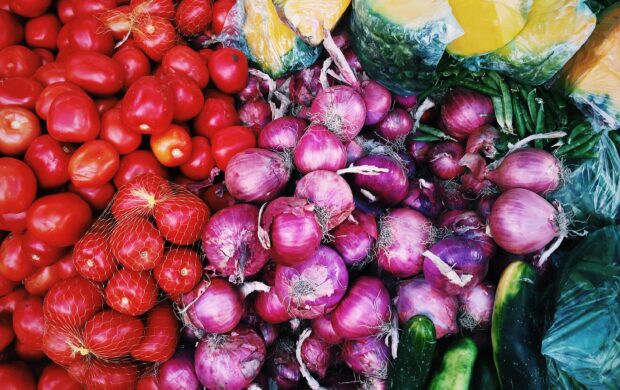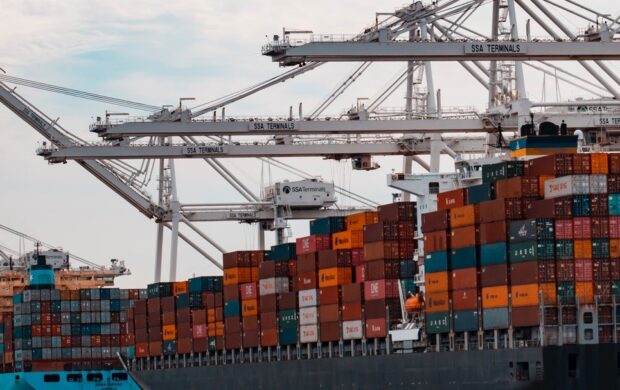In May the US experienced a significant baby formula shortage when one of the large formula manufacturing plants closed. This comes at the same time as a large national tampon shortage. A couple of large companies control the bulk of the market share of both items and the consolidation of the supply chain, as well as its vulnerability have come under scrutiny.

So what?
Shortages of critical items such as tampons and formula point to the vulnerability of supply chains. Lack of action around these needed products indicate that because many of the people consuming them are women, that they are of a low priority. This makes women and children even more vulnerable. What are the implications on human wellbeing if these disruptions continue? How do we ensure that we prioritize the health needs of the most vulnerable? How can manufacturing and supply chains become more diverse and resilient in the face of ongoing risk?






Join discussion